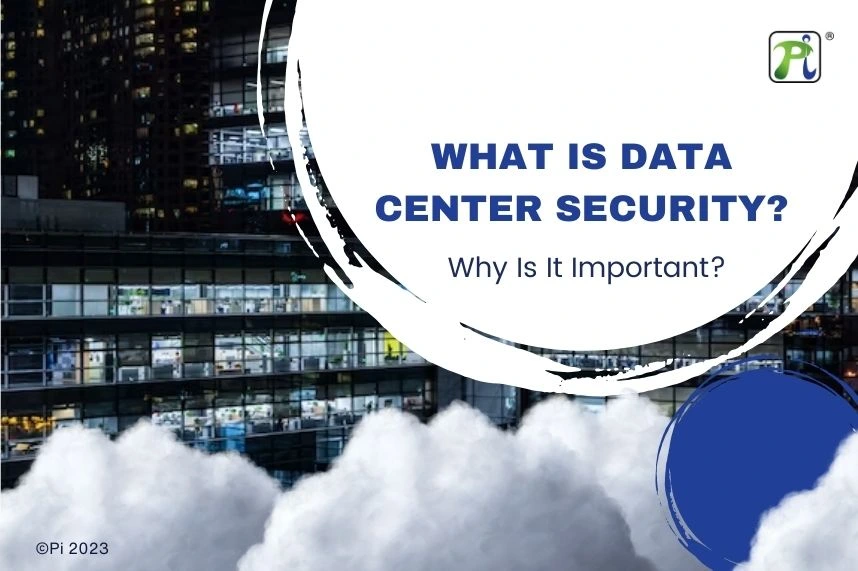We Will Get Back To You As Soon As Possible


Data center security is of utmost importance in today's world, where the protection of sensitive data is paramount for individuals and businesses alike. The need to safeguard against breaches and potential threats requires the implementation of robust data center security measures. This article explores the essence of data center security, its key components, and its evolving landscape.
At the core of data center security is the task of ensuring the safety and protection of the data center's infrastructure from both physical and virtual threats. The primary focus is to secure the confidentiality and integrity of the sensitive data stored within these facilities, ensuring it remains available when needed while minimizing the risk of potential threats that could compromise critical information.
This involves safeguarding the data center's physical infrastructure and restricting unauthorized access to confidential areas. Common techniques include access controls using biometric systems and key cards, surveillance systems with video cameras, motion detectors, and alarms, perimeter security through robust fencing and regular patrols, as well as environmental controls such as fire detection and suppression units and emergency generators.
The objective of network security is to protect all exchanged information within and beyond the data center. This is achieved through the installation of firewalls to manage data inflow and outflow, Intrusion Detection and Prevention Systems (IDPS) to prevent unauthorized access and malicious activity, Virtual Private Networks (VPNs) for encrypted remote access and data transfer, and network segmentation to isolate segments and optimize data control measures.
Robust encryption measures are essential to ensure the safety of sensitive information within a data center. Encryption algorithms scramble confidential data, making it illegible and unusable to unauthorized individuals. Even if someone gains access to the data, without decryption keys, they cannot read or misuse it.
Implementing strong access controls and authentication mechanisms is vital for data center security. This involves user authentication with strong passwords and multi-factor authentication, role-based access control to limit access based on job duties, and audit trails and logging to track user actions for security breach detection.

The landscape of data center security is constantly evolving due to technological advancements and increasing cyber threats.
Continuous verification and authentication at every level are required to ensure security against unauthorized access, both from within and outside the data center.
The application of AI and ML algorithms allows real-time identification of potential threats or suspicious behaviors by analyzing vast amounts of data.
Leveraging automation tools ensures streamlined processes for enforcing security policies and enables quick responses to incidents.
Secure cloud-based solutions offer scalable and adaptable prevention services for intrusions as well as defense against Distributed Denial-of-Service (DDoS) attacks, supported by robust end-to-end encryption.
In conclusion, data center security is vital for safeguarding valuable digital assets and ensuring business protection, confidentiality, and accuracy of confidential data.
Organizations must adopt comprehensive physical and network-based security systems, strong access controls, and effective data encryption to protect critical data stored within their data centers. To ensure protection against constantly evolving cyber risks, it's crucial to stay up-to-date on emerging trends and best practices in data center security. This way, you can keep yourself informed and safeguarded.
Questions? We're here to help.
©2026 Pi DATACENTERS® Pvt. Ltd. All rights reserved
